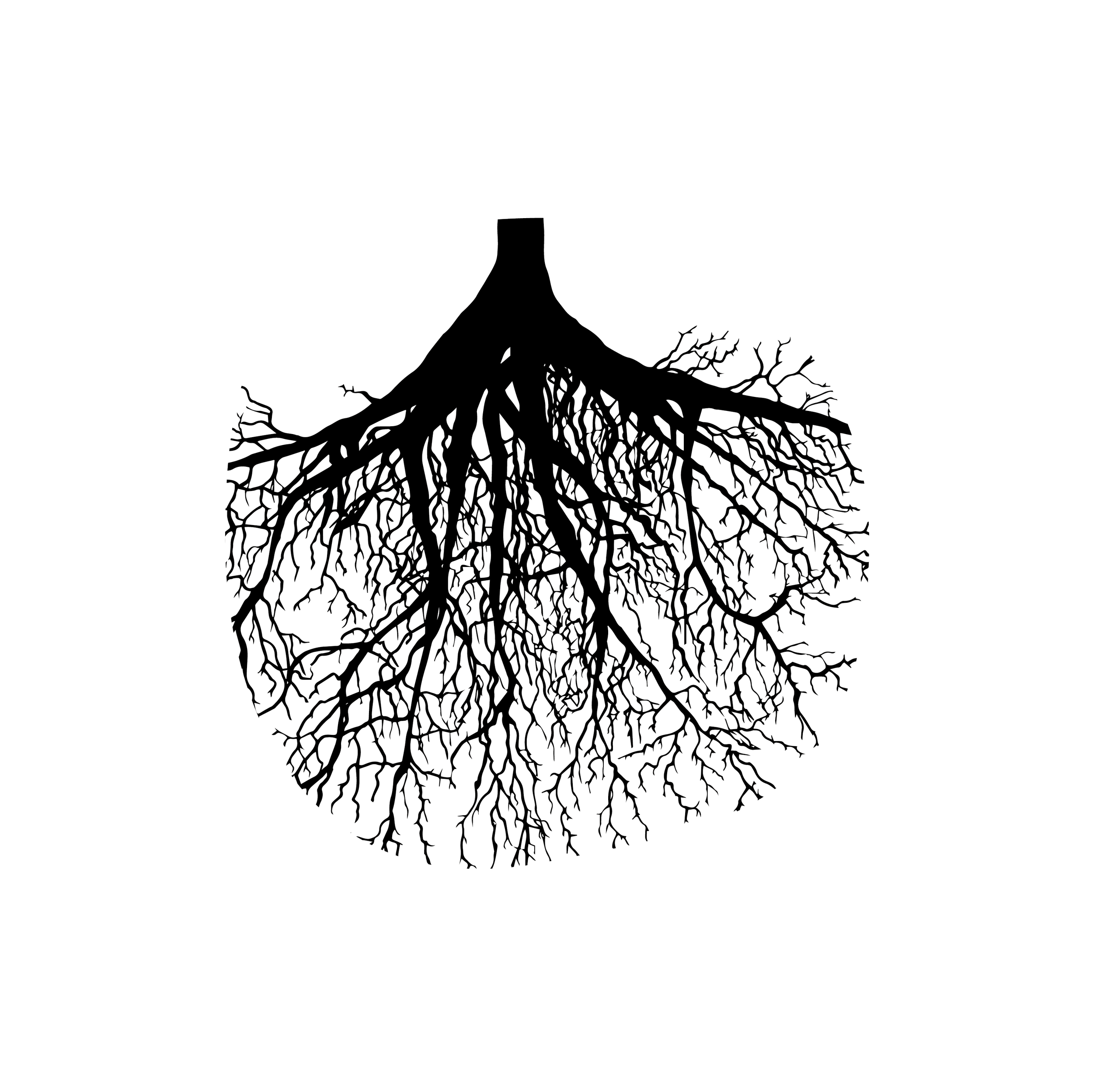
ART
CRITIQUE
EXPERIMENT
-
ART CRITIQUE EXPERIMENT -
The New School of the Anthropocene is an experimental micro-university and a counter-nihilism gesture.
Since 2022, we’ve offered a radical and affordable alternative to the marketisation, bureaucratisation and banalisation of corporate higher education.
Our concern is with fostering intellectual curiosity and testing ideas rather than preparing people to reproduce the Social-Darwinist economy of extraction that’s brought us to the point of earth and social systems collapse.
Mining the critical-creative seam, we’ve shaped an interdisciplinary ethos and a gathering of academics, practitioners and students forged in conviviality and trust.
Our curriculum is dedicated to addressing biopolitical emergency, climate justice and the entanglements of a more-than-human assembly through the Arts and Humanities: a means of charting a Post-Anthropocene imaginary.
If you believe that the purpose of education is more than workforce alignment and supply, you’ll find a home at the New School — where education is inseparable from criticality, activism and artistic invention.
In a time of polycrisis, “despair is a luxury,” declares Paul Gilroy. We must diagnose, dream and act!
Over the past four years, NSotA’s curriculum has featured a varied programme of weekly lecture-seminars, which are live-streamed across the earth; online Critical-Creative Seam classes; and intensively-supervised research projects addressing the concerns of social and ecological renewal.
Our teaching base is the fully-accessible Art Workers’ Guild in Bloomsbury. Every seminar is live-streamed or held exclusively on-line, enabling people to study with us from anywhere in the world. The end of each year is marked by a student art show as part of the London Design Festival. The completion of the course is marked by the award of a postgraduate-level Diploma in Environmental Humanities.
Our pay-what-you-can-afford scheme means that no one with the aptitude and desire to participate need be excluded. We have set aside free places for migrants fleeing conflict across the world and those incarcerated owing to the politicisation of protest against climate breakdown.
The New School actively collaborates with several international partners, including the More-Than-Human Life (MOTH) programme at NYU Law, the Education Climate Coalition, the Hard Art cultural collective, the Stories in Transit refugee project, the Critical Anthropocene Research Group at Concordia University, and the House of Annetta in Spitalfields, which whom we’ll be hosting the new Built Environment Ecologies (BEE) Diploma summer school on fortnightly Saturdays from 9th May 2026.
Other activities include a new publishing imprint, in/kiostro, which launches with an anthology, Decomposition, in Spring 2026; a quarterly sonic almanac, I Want to Eat the Earth, broadcast on Resonance FM; an annual student-curated art show, which is part of the London Design Festival; a forthcoming Anthropocene Podcast; and occasional concerts.
For the 2026-27 academic year, NSotA will introduce a revolutionary new programme, Earth-House Poiesis: Witnessing - Documenting - Storying. This will be a unique fusion of postgraduate-level curriculum and project-based research agency taught on a part-time basis in a hybrid format.
Full details are available here. We’re now welcoming applications from people of all ages, experiences and backgrounds who wish to join us.
“[The New School] is a very important initiative. It’s shocking to think that for the most part college students today still study the same curricula as their parents, even though they are heading for a completely altered world.”


